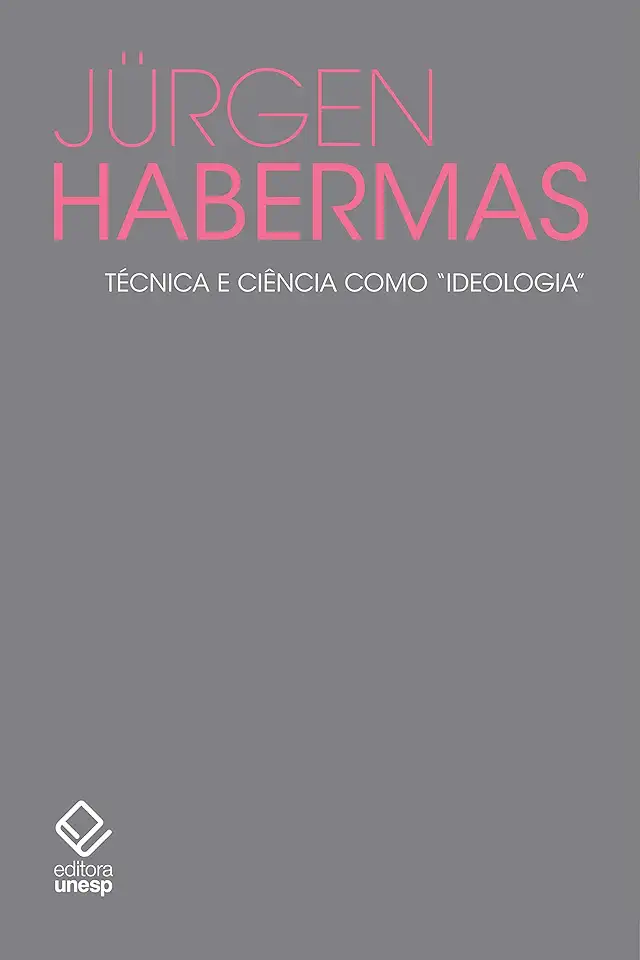
Technology and Science as Ideology - Jurgen Habermas
Technology and Science as Ideology: A Critical Examination of the Role of Science and Technology in Modern Society
In his seminal work, "Technology and Science as Ideology," Jürgen Habermas presents a thought-provoking analysis of the relationship between science, technology, and ideology in modern society. Habermas argues that science and technology are not neutral tools, but rather are deeply embedded in the social and political structures of society and play a crucial role in shaping our understanding of the world.
Science and Technology as Social Constructions
Habermas begins by challenging the traditional view of science and technology as objective and value-free enterprises. He argues that scientific knowledge and technological innovations are not simply the products of rational inquiry and technical expertise, but are also shaped by social, cultural, and political factors.
Habermas draws on the work of sociologists and historians of science to show how scientific research and technological development are influenced by the values, interests, and power structures of the societies in which they occur. For example, he points out that the development of nuclear weapons was driven by the Cold War rivalry between the United States and the Soviet Union, rather than by any purely scientific or technological considerations.
The Ideological Function of Science and Technology
Habermas argues that science and technology can serve an ideological function by legitimating existing social and political structures and by marginalizing alternative perspectives. He identifies two main ways in which science and technology can be used ideologically:
Technical Rationality: Habermas argues that the emphasis on technical rationality in modern society has led to a narrow and instrumental view of the world. This view sees the world as a collection of objects to be manipulated and controlled, rather than as a complex and dynamic system of interconnected relationships. Technical rationality can be used to justify social and political decisions that are based on efficiency and productivity, rather than on ethical or democratic considerations.
Scientism: Habermas also criticizes the tendency to treat scientific knowledge as the only legitimate form of knowledge. This can lead to a devaluation of other forms of knowledge, such as traditional knowledge, artistic knowledge, and practical knowledge. Scientism can also be used to justify social and political decisions that are based on scientific expertise, rather than on democratic participation.
The Need for a Critical Theory of Science and Technology
Habermas argues that the ideological function of science and technology can be challenged by developing a critical theory of science and technology. This theory would examine the social, cultural, and political factors that shape scientific research and technological development, and would expose the ideological assumptions that underlie scientific and technological practices.
A critical theory of science and technology would also provide a framework for developing alternative forms of science and technology that are more democratic, participatory, and sustainable. These alternative forms of science and technology would be based on the values of social justice, environmental sustainability, and human flourishing, rather than on the values of technical rationality and scientism.
Conclusion
"Technology and Science as Ideology" is a challenging and provocative work that offers a new perspective on the role of science and technology in modern society. Habermas's analysis is essential reading for anyone interested in understanding the relationship between science, technology, and ideology, and for anyone who is concerned about the future of our planet.
This book is a must-read for anyone interested in the relationship between science, technology, and society. Habermas's insights are essential for understanding the challenges facing our world today, and for developing alternative visions of a more just and sustainable future.
Enjoyed the summary? Discover all the details and take your reading to the next level — [click here to view the book on Amazon!]